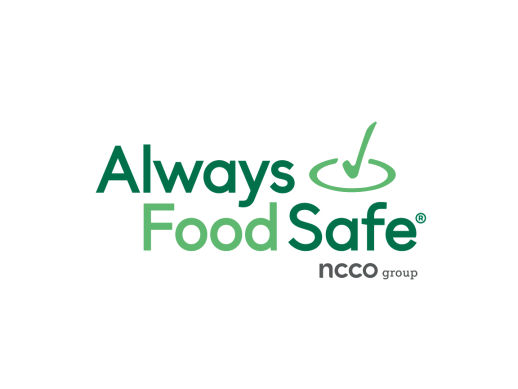Always Food Safe has partnered with ChowNow to provide businesses with a great opportunity to level up their takeout services.
Founded in 2012, ChowNow has partnered with over 20,000 restaurants to save them over $640 million in commission fees. With tools like commission-free ordering, customized marketing, and on-call restaurant experts, their online ordering products are designed to help restaurants grow their guest lists and keep more profits.

 English
English
 Spanish
Spanish
